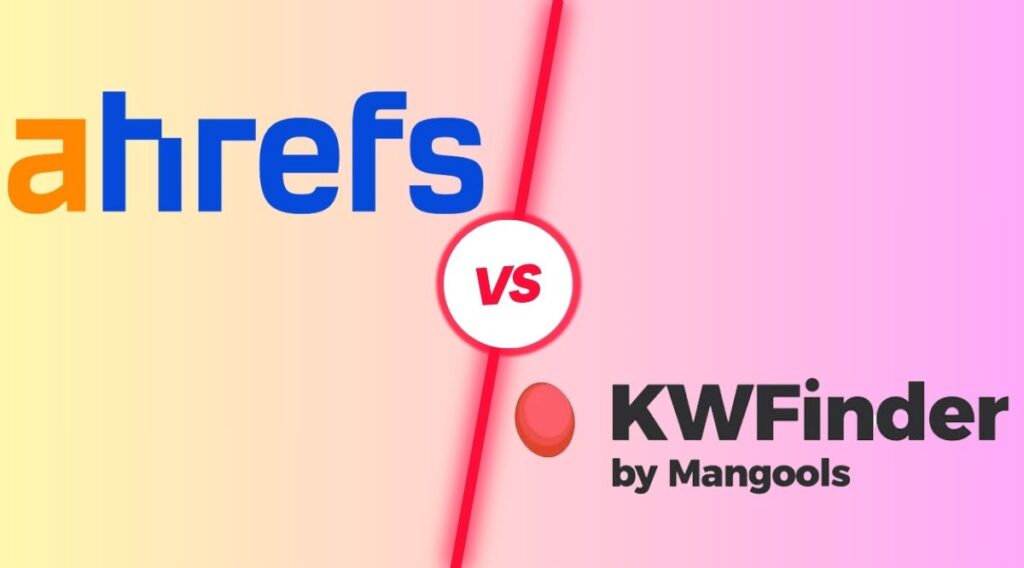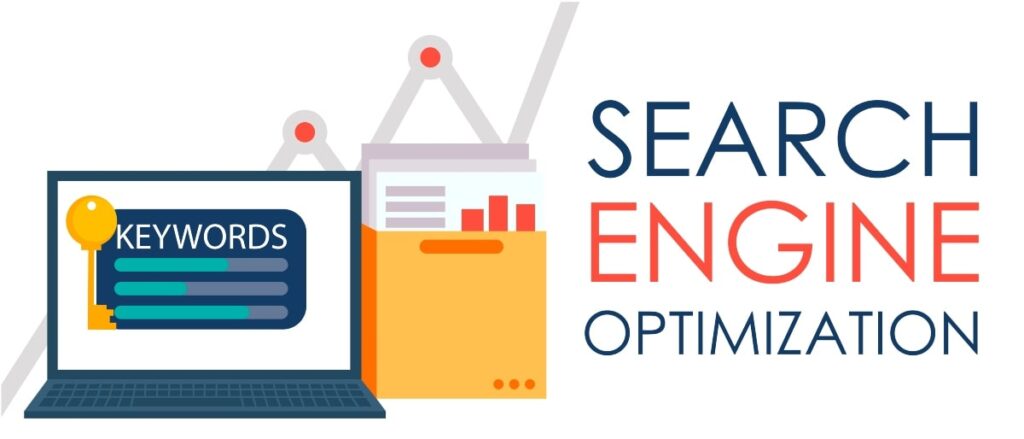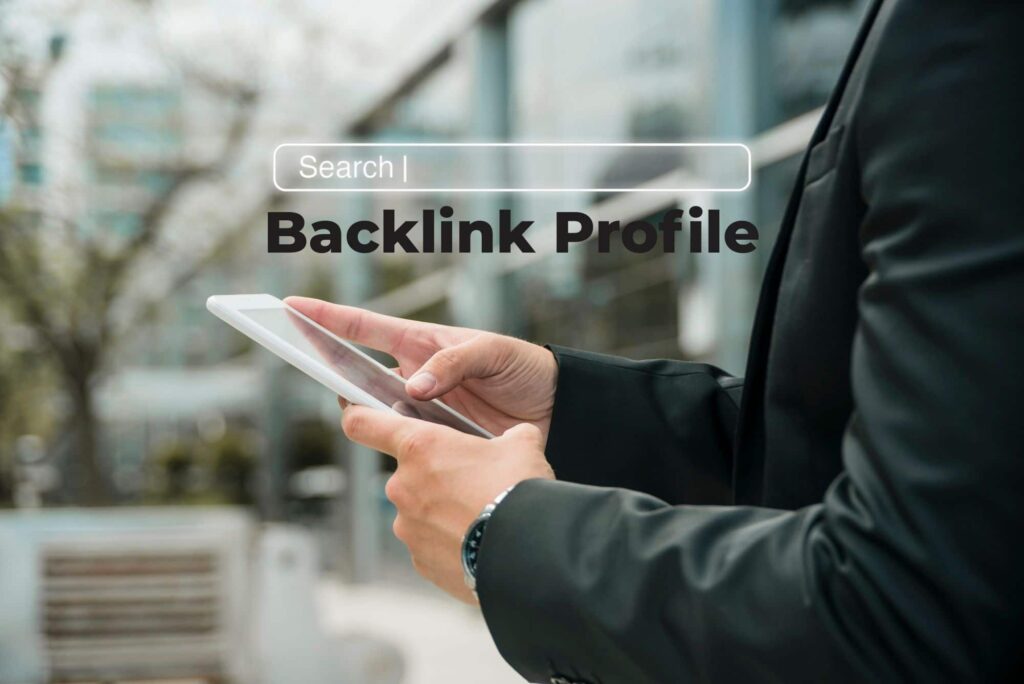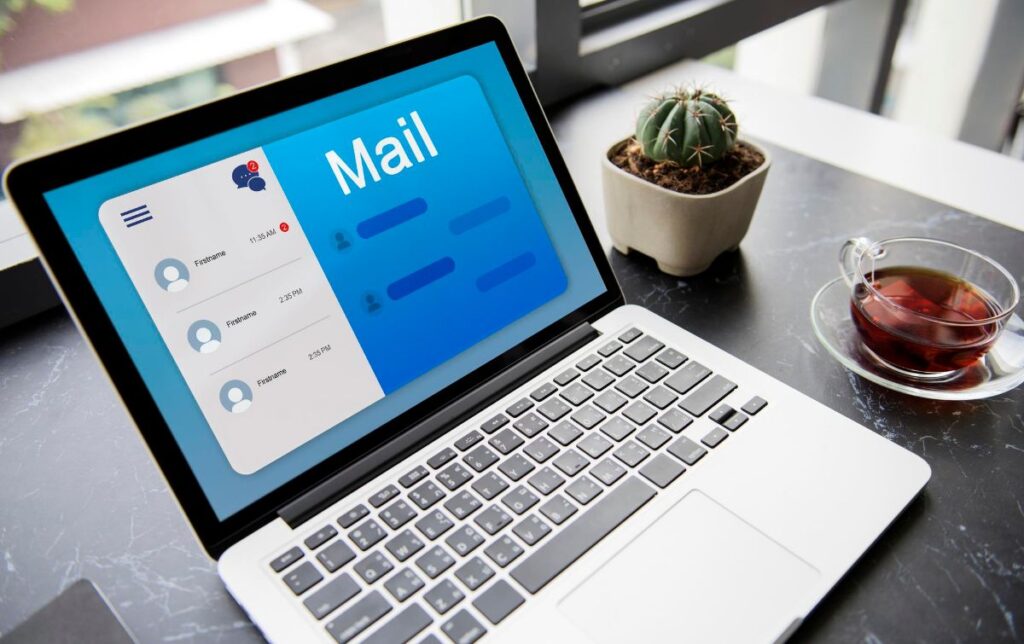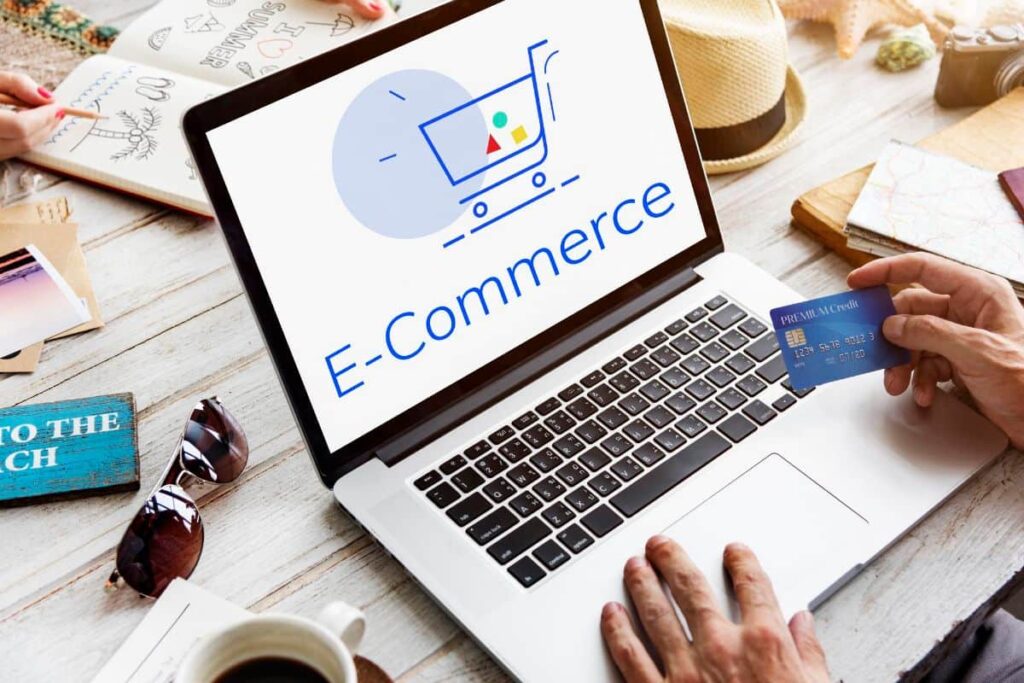Location Landing Pages (LRPs) are specialized web pages designed to cater to specific geographical areas or regions. They are crafted to provide relevant information about a business, service, or product within a particular location, aiming to target local audiences effectively.
SEO LRP Strategy
LRP are integral to a robust SEO strategy, particularly for businesses with multiple physical locations or those targeting local markets. These pages enhance a website’s visibility in local search results by optimizing content with location-specific keywords and providing essential information to potential customers.
Understanding SEO Basics
Brief Overview of SEO Concepts
SEO involves optimizing websites to index in search engine results pages (SERPs) organically. Key concepts include keyword research, on-page optimization, link building, or user experience enhancements to enhance a website’s visibility and relevance to search engines.
Importance of SEO for Online Visibility
SEO is crucial for enhancing online visibility and driving organic traffic to websites. By optimizing for relevant keywords and improving website structure and content, businesses can boost their probabilities of appearing prominently in search results, thus attracting more potential customers and enhancing brand visibility.
Role of SEO LRP Campaigns
LRPs (Location Landing Pages) play a vital role in SEO campaigns, especially for businesses targeting local markets. These specialized pages help companies rank higher in local search results by providing location-specific information, thus improving relevance and visibility in searches conducted by users in specific geographic areas.
Critical Components of Effective LRPs
Optimized Meta Tags and Descriptions
SEO LRPs should have well-crafted meta tags and descriptions that include relevant keywords and accurately describe the page content. That helps search engines understand the page’s relevance to specific queries, improving its chances of ranking higher in search results.
Relevant Keywords and Keyword Research
Incorporating location-specific keywords into LRPs is essential for effectively targeting local audiences. Thorough keyword research helps identify the words or terms that potential clients are utilizing to search for businesses or services in the targeted area, optimizing the LRPs for maximum visibility.
High-Quality Content Creation
LRPs should feature a high-quality, informative scope that addresses the needs and interests of local audiences. This content should be unique, engaging, and relevant to the location, providing valuable information to visitors and establishing the business as an authority in the area.
User-Friendly Design and Navigation
User-friendly design and navigation are crucial for providing a positive experience for visitors to LRPs. Clear, intuitive navigation menus, mobile responsiveness, fast page load times, and easy access to critical information such as contact details and directions all contribute to seamless user knowledge, encouraging visitors to stay on the page and engage with the business.
Crafting Compelling Content for SEO LRPs
Importance of Unique and Relevant Content
Unique and relevant content is crucial for SEO LRPs as it helps differentiate the page from competitors and provides value to visitors. It should address the specific needs and interests of the local audience, offering information that is not readily available elsewhere. That not only improves the page’s relevance to search engines but also enhances user engagement and trust.
Incorporating Local Keywords and Phrases
Incorporating local keywords and phrases into the content is vital for optimizing SEO LRPs for local search. These keywords should reflect the language and terminology commonly used by the target audience in the geographic area. By aligning the content with local search intent, businesses can sweeten their visibility in local search results or attract more relevant traffic.
Utilizing Multimedia Content (Images, Videos, etc.)
Multimedia content such as images, videos, and infographics can enhance the appeal and effectiveness of SEO LRPs. Graphic elements not only break up the text and make the page more visually appealing but also provide additional context and information to visitors. Including relevant images of the business location, products, or services, as well as videos showcasing customer testimonials or demonstrations, can further engage users and improve the overall user experience.
Optimizing On-Page Elements for LRPs
Title Tags and Headings Optimization
Optimizing title tags and headings is crucial for SEO LRPs. These elements should include relevant local keywords and accurately describe the content of the page. Clear, concise, and compelling titles and headings not only improve the page’s visibility in search results but also encourage user engagement.
URL Structure for Local Relevance
The URL structure of SEO LRPs should reflect local relevance by including location-specific terms or keywords. That helps both users and search engines comprehend the page’s geographic focus. A clear and descriptive URL enhances the page’s visibility in local seo search results and improves user experience.
Internal Linking Strategies
Implementing effective internal linking strategies within SEO LRPs is essential for optimizing their visibility and authority. Internal links should guide users to relevant pages within the website, including other LRPs or related content. That not only improves navigation and user experience but also distributes link equity throughout the site, boosting overall SEO performance.
Mobile Responsiveness and Page Speed
Ensuring that SEO LRPs are mobile responsive and have fast page speed is critical for both user experience and search engine rankings. With an increasing digit of users accessing the internet via mobile devices, mobile-friendly pages are prioritized by search engines. Additionally, fast-loading pages improve user satisfaction and reduce bounce rates, contributing to higher search engine visibility.
Off-Page SEO Strategies for SEO LRPs
Building Local Citations and Backlinks
Building local citations and backlinks from reputable websites is crucial for boosting the authority and visibility of SEO LRPs. Local citations, such as directory listings and business profiles, help validate the legitimacy and relevance of the business in the local area. Backlinks from authoritative local sources further enhance the page’s authority and improve its ranking in local search results.
Leveraging Social Media for Local Engagement
Social media platforms suggest excellent opportunities for businesses to engage with local audiences and promote their SEO LRPs. By sharing relevant content, interacting with followers, and participating in local community discussions, companies can increase brand visibility and drive traffic to their LRPs.
Encouraging Online Reviews and Testimonials
Encouraging satisfied customers to leave positive thoughts and testimonials can significantly benefit SEO LRPs. Online reviews not only provide social proof of the business’s credibility but also contribute to its local reputation and authority. Positive reviews can also influence potential customers’ decision-making process and improve the page’s visibility in local search results.
Utilizing Google My Business for LRPs
Setting Up and Optimizing GMB Profiles
Setting up and optimizing Google My Business (GMB) profiles is essential for maximizing the visibility of LRPs in local search results. Businesses should confirm that their GMB profiles are complete or accurate, including relevant information such as business hours, contact details, and categories. Optimizing the profile with high-quality images and a compelling business description further enhances its appeal to potential customers.
Managing Reviews and Ratings
Managing reviews and ratings on GMB is essential for maintaining a positive online reputation or attracting more customers to LRPs. Businesses should actively monitor or respond to customer thoughts, both positive and negative, to demonstrate their dedication to customer satisfaction. Encouraging satisfied customers to leave thoughts and addressing any negative feedback can help enhance the general perception of the business and its LRPs.
Leveraging GMB Posts and Updates
Leveraging GMB posts and updates is a valuable way to encounter potential customers and promote LRPs. By regularly posting updates, offers, events, and other relevant content on their GMB profiles, businesses can keep their audience informed and interested. These posts can also help improve the visibility of LRPs in local search results and attract more traffic to the company.
Local SEO Techniques for LRPs
Optimizing NAP (Name, Address, Phone Number) Data Consistency
Ensuring consistency in NAP (Name, Address, Phone Number) data across all online platforms is crucial for local SEO and LRPs. Businesses should verify and update their NAP information on their website, Google My Business, regional directories, and other relevant platforms. Consistent NAP data helps search engines accurately associate the business with its location, improving its visibility in local search results.
Creating Localized Content and Landing Pages
Creating localized content and landing pages tailored to specific geographic areas is essential for effectively targeting local audiences. Businesses can optimize content with location-specific keywords, references to local landmarks, events, and community interests to enhance relevance. By addressing the unique requirements and interests of local users, businesses can improve the performance of their LRPs in local search results.
Schema Markup for Location Information
Implementing schema markup for location information helps search engines understand the geographical relevance of LRPs. Businesses can use schema markup to provide structured data about their location, such as address, phone number, business hours, and geographic coordinates. That helps search engines display rich snippets and enhance the visibility of LRPs in local search results, improving click-through rates and user engagement.
Tracking and Analyzing LRP Performance
Setting Up Google Analytics for Local Tracking
Setting up Google Analytics for local tracking is essential for monitoring the performance of LRPs. Businesses should create separate views or segments within Google Analytics to track traffic and engagement, specifically from local sources. By monitoring metrics such as traffic sources, geographic location, and user behavior, businesses can gain insights into the significance of their local SEO efforts and LRPs.
Monitoring Local Ranking Positions
Monitoring local ranking positions is critical for assessing the visibility of LRPs in local search results. Businesses can use devices like Google Search Console, SEMrush, or Moz to track keyword rankings or identify opportunities for improvement. By monitoring changes in local rankings over time, businesses can adjust their SEO strategies and optimize LRPs to maintain or improve their positions in local search results.
Analyzing Traffic and Conversion Metrics
Analyzing traffic and conversion metrics provides valuable insights into LRPs’ performance and impact on business goals. Businesses should track metrics such as organic traffic, bounce rate, time on page, and conversion rates for LRPs. By analyzing these metrics, companies can identify areas for optimization, refine their content and targeting strategies, and improve the overall effectiveness of their local SEO efforts.
Common Mistakes to Avoid with LRPs
Over-Optimization of Local Keywords
Over-optimizing LRPs with local keywords can lead to keyword stuffing and a poor user experience. Instead of focusing solely on keywords, prioritize building valuable, informative content that naturally addresses the needs of local users—balance keyword optimization with readability and relevance to avoid penalties from search engines.
Duplicate Content Issues
Publishing duplicate content across multiple LRPs or other web pages can harm SEO performance and confuse search engines. Ensure that each LRP offers unique and valuable information to users. Avoid copying content from different sources or duplicating content within your website to maintain credibility and improve search engine rankings.
Neglecting Mobile Optimization
Neglecting mobile optimization for LRPs can result in a poor user experience or lower search engine rankings. With an increasing digit of users accessing the internet via mobile devices, it’s essential to ensure that LRPs are responsive and user-friendly on all devices. Optimize page speed, layout, and functionality for mobile users to improve engagement and visibility in local search results.
Conclusion
Optimizing Location Landing Pages (LRPs) for SEO is essential for businesses seeking to effectively attract local customers. Throughout this guide, we’ve highlighted key points such as the importance of local keywords, the significance of unique and relevant content, and the role of off-page strategies like building citations and backlinks.
Frequently Asked Questions (FAQ)
What are Location Landing Pages?
Location Landing Pages (LRPs) are dedicated web pages optimized for specific geographical areas or regions. They provide localized information about a business, service, or product to target local audiences effectively.
How do LRPs differ from traditional landing pages?
LRPs differ from traditional landing pages by focusing on specific geographic locations. While traditional landing pages are designed to attract a broader audience, LRPs target local users by providing location-specific content, such as addresses, contact details, and directions.
How important are local keywords for LRPs?
Local keywords are crucial for optimizing LRPs and improving their visibility in local search results. By incorporating relevant local keywords and phrases into LRPs, businesses can increase their chances of ranking higher for location-based searches and attracting local customers.
Can I use the same content on multiple LRPs?
It’s not recommended to use the same content on multiple LRPs, as it can lead to duplicate content issues and harm SEO performance. Each LRP should offer unique and valuable information tailored to the specific location it serves to maintain credibility and improve search engine rankings.







